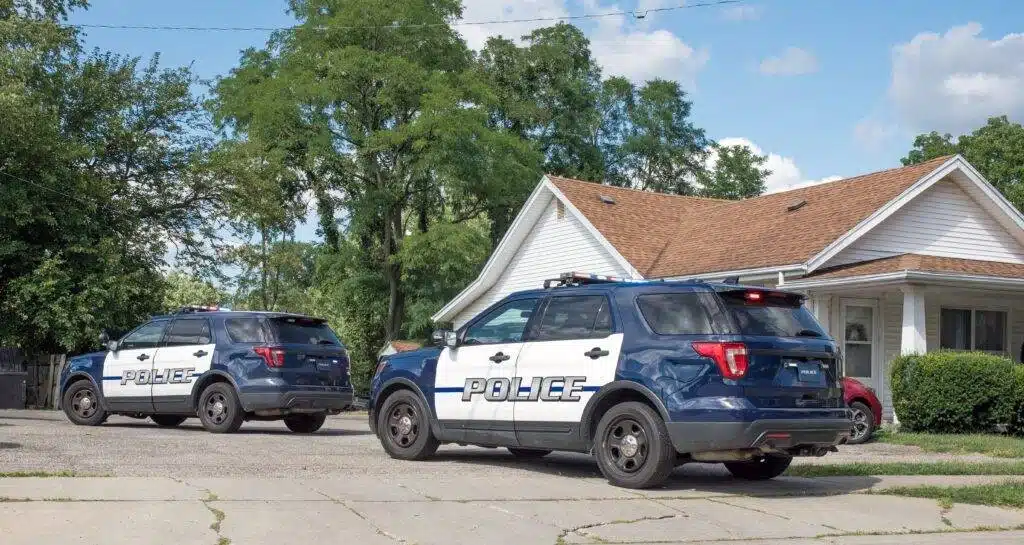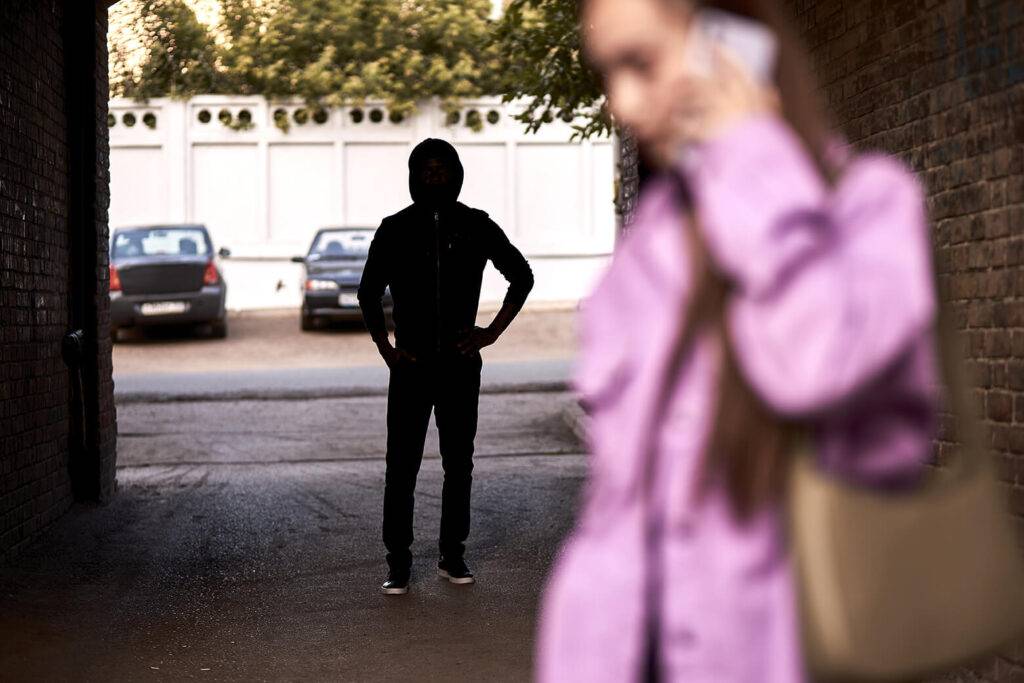Violating a domestic violence restraining order in Denver is a serious offense with potentially life-changing consequences. These orders are issued to protect individuals who may be in danger, and the state of Colorado strictly enforces them. Whether the violation is intentional or accidental, the legal system takes any breach seriously. Even a small misstep can lead to arrest, criminal charges, and long-term legal issues.
If you’re facing allegations of violating a restraining order, it’s important to understand what that means under Colorado law. Here, we cover what constitutes a violation, what penalties you could face, and how experienced domestic violence attorneys can help defend your rights.
Understanding Domestic Violence Restraining Orders in Colorado
In Colorado, there are two primary types of restraining orders related to domestic violence cases: civil protection orders and criminal protection orders. Civil protection orders are often filed by an alleged victim seeking legal protection from someone they fear may harm or harass them. Criminal protection orders are issued automatically when someone is arrested on a domestic violence-related charge.
These orders typically prohibit all forms of contact with the protected individual, including in-person visits, phone calls, texts, emails, and social media interaction. In some cases, they may also require the restrained person to stay away from shared residences, schools, or workplaces, and surrender any firearms. Depending on the circumstances and testimony involved, a temporary protection order can become permanent after a hearing.
What Constitutes a Violation?
A violation occurs when someone knowingly disobeys any condition listed in the restraining order. This could include directly contacting the protected individual or indirectly trying to communicate through a third party. Even something as simple as liking a post on social media or sending a message through a friend could be considered a violation.
Sometimes, people unintentionally violate a restraining order because they didn’t realize the boundaries or ran into the protected individual by chance. But under Colorado law, even an unintentional violation may still lead to arrest. Intent is a factor courts will consider, but it’s not a guaranteed defense.
Legal Consequences of Violating a Restraining Order in Denver
Colorado law treats violations of restraining orders as criminal offenses. A first-time violation is tyapically classified as a Class 2 misdemeanor, which carries a possible penalty of up to 120 days in jail and fines of up to $750. If the violation includes additional acts of harassment, stalking, or violence – or if it’s a repeat offense – the charge may be elevated to a Class 1 misdemeanor. In that case, penalties can include up to 364 days in jail and fines reaching $1,000.
Colorado follows a mandatory arrest policy for restraining order violations, meaning law enforcement must arrest the alleged violator if there is probable cause. Beyond jail time and fines, additional consequences can include loss of child custody, court-ordered counseling, and long-term damage to employment prospects or housing eligibility.
Defending Against Allegations of Violation
If you’re accused of violating a domestic violence restraining order, your defense will depend on the specific details of the case. Common defenses include demonstrating that you were not aware of the order, that the contact was not intentional, or that the accusation is false or exaggerated.
An experienced domestic violence attorney in Denver can help gather evidence to support your case. This might involve obtaining phone records, witness statements, or video surveillance to show that a meeting was accidental or that the accused made no contact. Legal counsel can also assist in demonstrating that the original order may have been overly broad or improperly issued.
Importance of Legal Representation
The legal system surrounding restraining orders is complex and fast-moving. Missing a court date or misunderstanding the terms of the order can make a difficult situation worse. That’s why working with a domestic violence law firm is essential if you’re facing allegations of a violation.
A skilled attorney can guide you through hearings, help you understand the legal implications of your actions, and work to mitigate any potential penalties. They can also challenge the order itself if it was filed without proper cause or if circumstances have changed. Domestic violence lawyers in Denver are familiar with local courts, judges, and prosecutors, which can be an advantage in negotiating outcomes or reducing charges.
Choosing the right legal team may also protect your future opportunities, especially if you’re concerned about your job, family, or reputation. You deserve representation committed to achieving the best possible outcome for your situation.
Facing Allegations? Contact a Denver Domestic Violence Attorney Today.
Violating a domestic violence restraining order in Denver can lead to serious criminal charges and long-lasting personal consequences. Even if the violation seems minor, it can impact your freedom, family, and future.
If you’re facing these kinds of allegations, don’t wait to take action. Speak with a trusted Denver domestic violence attorney who understands the law and can fight for your rights. A knowledgeable domestic violence law firm can make all the difference in how your case is handled – and how your life moves forward.
References
https://www.coloradojudicial.gov/self-help/getting-protection-order
https://leg.colorado.gov/bills/sb18-060
https://www.womenslaw.org/laws/co/statutes/ss-13-14-106-procedure-permanent-civil-protection-orders
https://law.justia.com/codes/colorado/title-18/article-1/part-10/section-18-1-1001/
https://ovc.ojp.gov/ncvrw2024/helpful-resources-outreach/landmarks-victims-rights-and-services












